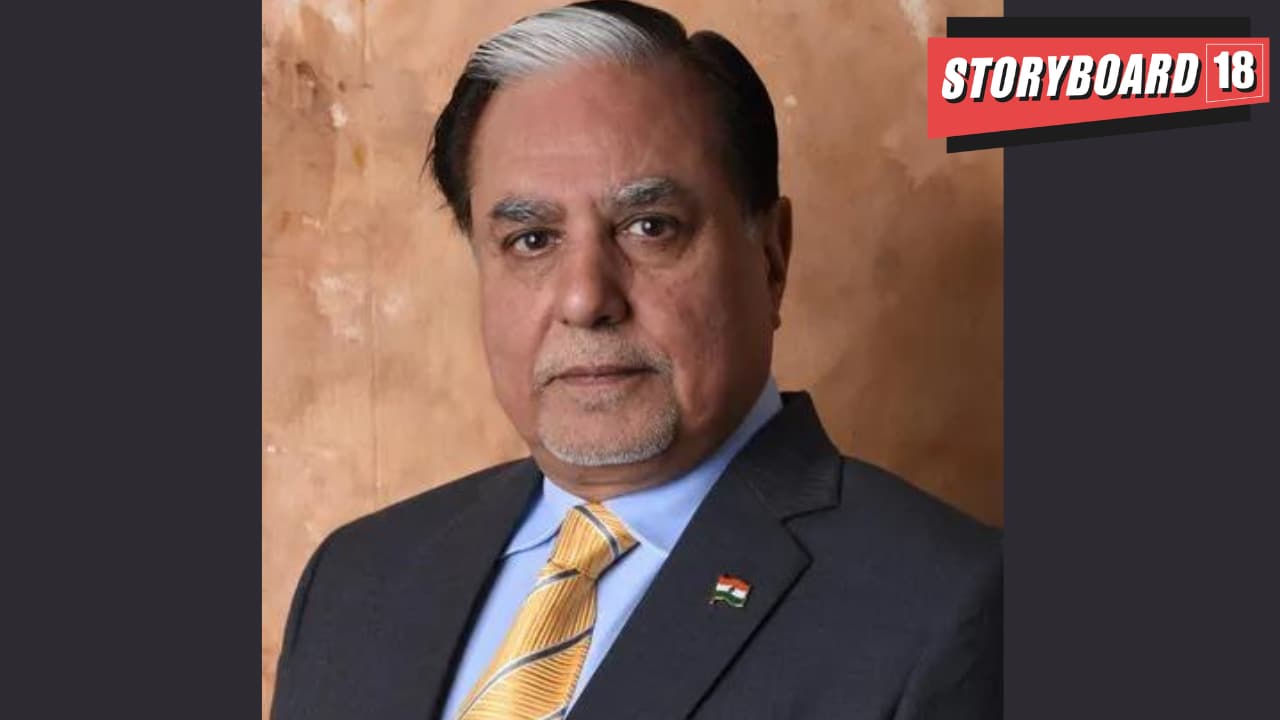The Securities Appellate Tribunal (SAT) will continue hearing the Subhash Chandra- Securities and Exchange Board of India (SEBI) case today. The focus of today’s hearing at SAT is whether any listed entity should be allowed to operate under Chandra’s leadership.
The chairman emeritus of Zee Entertainment Enterprises, had challenged the confirmatory order issued by SEBI last year, which banned him from holding directorships in any listed entity over allegations of funds siphoning. SAT had granted relief to Zee Entertainment Enterprises Limited managing director and chief executive officer Punit Goenka, who is Chandra’s son, in the same case.
Also read: ZEE, SEBI case: Subhash Chandra moves SAT against SEBI order
During the last hearing on March 14, SEBI informed SAT that Chandra, the Chairman of the Essel Group, had concealed crucial details in the alleged fund diversion case involving Zee Entertainment Enterprises.
Also read: Subhash Chandra ‘not cooperating’ with investigation alleges SEBI
“This hearing is pivotal for evaluating the validity of the accusations and the subsequent actions by SEBI,” said Rajesh Rai, Managing Partner, RR Legal Partners.
What are the expectations from today’s hearings?
Rajiv Sharma, Partner, Singhania & Co explained.
“There have been four hearings so far. SEBI’s counsel requested an adjournment during the hearing on February 22, 2024. Ten days were given to SEBI to file a reply on February 26, 2024. The matter was heard on March 8 and March 14, 2024, and is listed for today. During the hearing, SEBI’s counsel alleged that Chandra had been suppressing material facts during the investigation. It’s difficult to predict the outcome while the hearing is ongoing at SAT. Each case is examined separately based on its individual merit, so it should not be assumed that Chandra’s case will necessarily be decided in the same manner as Goenka’s,” Sharma said.
According to Rai, however, the hearing will likely include further scrutiny of evidence and arguments from both sides, clarification on allegations of withholding material facts, and potential insights into the course of the case and any forthcoming decisions.
Experts argued that non-cooperation is a mere allegation. Any court/tribunal does not pass judgments based solely on allegations but only after a thorough examination of the facts, circumstances, and relevant law.
However, as Rai pointed out, non-cooperation may cast doubt on the credibility and reliability of the accused, potentially influencing the tribunal’s decision-making process. However, the final verdict will hinge on a comprehensive evaluation of the evidence and legal contentions presented during the hearing.
